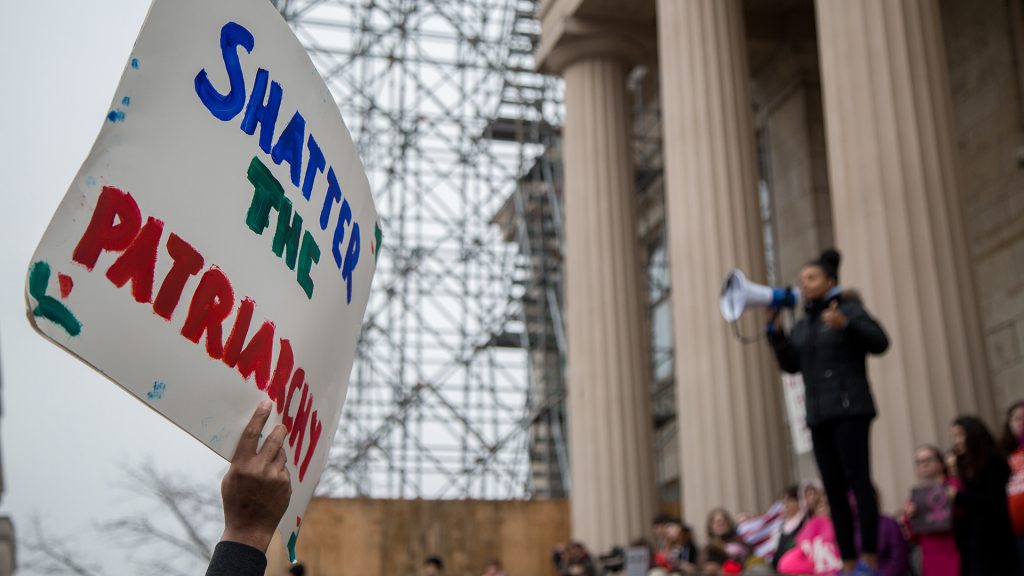“This is the first time I have ever been interested in a career in academia,” University of Iowa senior Hallee Haygood said. She shared this with me under a week ago after the two of us had almost completed a class called Women in Politics taught by Associate Professor Tracy Osborn. For the first time, Haygood felt like she had a professor to relate to and aspire to be like in her own career. It is very important that people have someone to look up to; for UI women, this is hard to find.
It is clear to me that women look up to women and men look up to men. Obviously, this is not exclusively, but realistically it is difficult for me, a woman, to envision myself doing something no other woman has done before. In other words, the glass ceiling still exists.
RELATED: Faculty diversity no easy task at the UI
Recently, the Boy Scouts of America have decided to let girls into the organization. This provides more than additional opportunities for young girls; it also allows boys and girls to learn to work together. Integration in this organization and others similar to it is crucial for girls’ and women’s advancement in society. The integration of the Boy Scouts proves that society recognizes that boys primarily look up to, work with, and aspire to be like other boys or men. The same goes for girls. Because boys and girls act this way, when they grow up, they are socialized to look up to people of the same gender as them.
Recognizing that there is a link between gender and whom someone looks up to, it makes sense to say that young women attending any university would look up to faculty at the university who are also women. So, what if a young woman aspiring to be an accountant never encounters a female professor? This, of course, does not mean that the young woman will automatically decide to change her major, but it does deter some women from aspiring to go into that field or career. Because a lack of women in a career is what deters other women from pursuing it, the cycle is perpetuated.
RELATED: Judd: STEM gender inequality
The UI perpetuates the cycle. In the top-ranked Tipple College of Business Accounting Department, there are 18 men listed as faculty members, and only seven women. Of those 18 men, six are directors, and one is the associate dean. None of the seven women hold any kind of director status. So what does this say to young women? It tells us that we are less likely than men to succeed in this career path.
I am currently a junior at the university pursuing a degree in ethics and public policy with an emphasis on political science. Most of my major classes have been male-dominated and, until this semester, my professors have all been men. This is not by chance; in the Political Science Department, there are 18 male professors and only seven female professors. Again, of the 18 men in the department, three are directors, and one is the chair. There are no female directors.



